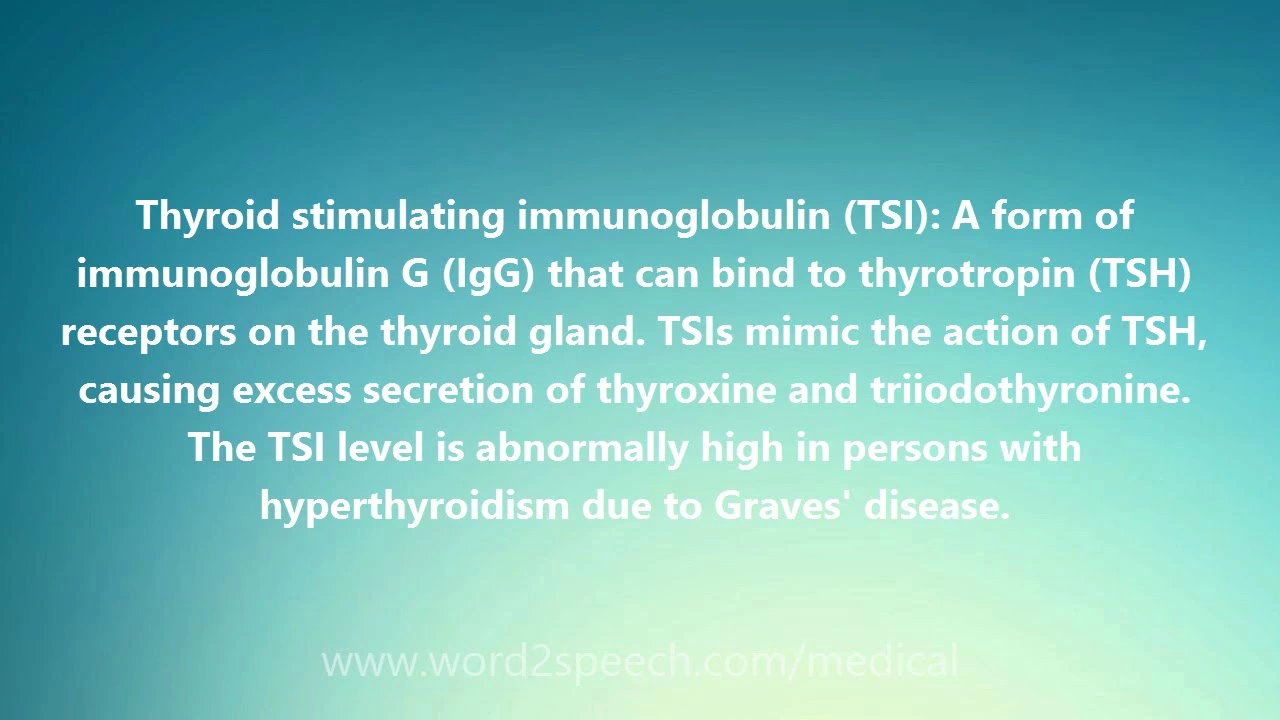Do you often feel bloated, gassy, or have loose, greasy stools after meals? Those can be signs of a lack of enzymes — your body’s helpers that break food into fuel. Enzyme problems are common, and the good news is there are simple tests, diet moves, and treatments that usually help fast.
Lactase deficiency (lactose intolerance) is the most familiar. After milk or ice cream you might get cramps, gas, and diarrhea. Pancreatic insufficiency means the pancreas isn’t making enough lipase, amylase, and protease; that often causes fatty stools, weight loss, and vitamin D, A, E, K deficiencies. Smaller issues come from missing brush-border enzymes in the gut, or from medicines and infections that temporarily lower enzyme activity. Notice patterns: symptoms right after fatty or dairy meals point toward enzyme problems rather than stress or plain indigestion.
Tests are straightforward. A hydrogen breath test checks lactose digestion. Stool elastase measures pancreatic output. Blood tests can show nutrient gaps. Your doctor can often confirm the problem without invasive steps.
Start with what you eat. If dairy triggers you, try lactase-treated milk or lactose-free products. Fermented dairy like yogurt or kefir often feels easier to digest because the bacteria partly break down lactose. For fat-related issues, smaller meals and less fried food reduce symptoms while you sort the cause.
Enzyme supplements can help right away. Lactase pills before dairy reduce symptoms for many people. Pancreatic enzyme replacements (prescription-strength) are standard when the pancreas isn’t producing enough enzymes — doctors will adjust dose by meal size and fat content. Plant-derived enzymes like bromelain (pineapple) or papain (papaya) can aid protein digestion, but they won’t replace missing pancreatic function.
Keep a food and symptom diary for two weeks. Note what you eat, portion size, and how you feel. That gives your clinician a clear picture and helps you spot triggers. If you lose weight, have persistent greasy stools, or feel weak, see a doctor promptly — those are warning signs that need medical care and possible prescription enzymes or vitamin replacement.
Small practical tips: take enzyme pills right at the start of a meal; store lactose-free milk at home for emergencies; and ask your doctor to test vitamin levels if you have long-term diarrhea. Don’t self-prescribe high-dose pancreatic enzymes — dosing matters and needs medical guidance.
Want a quick next step? Try a 2–3 day dairy-free test or use a single lactase pill before a dairy meal and watch for change. If you improve, bring your findings to your healthcare provider to plan the right tests and long-term fixes.

In my recent research, I discovered a fascinating connection between a lack of enzymes and autoimmune disorders. It appears that when our bodies don't produce enough enzymes, it can weaken our immune system and make it vulnerable to various autoimmune diseases. On top of that, insufficient enzyme levels can lead to inflammation and poor digestion, further stressing our immune system. It's crucial for us to maintain a healthy diet and lifestyle to ensure our bodies produce enough enzymes to prevent these autoimmune disorders from developing. This discovery highlights the importance of staying informed about our health and taking necessary steps to protect it.
Solifenacin, a drug mainly used for adult overactive bladder, is sometimes given to children and teens. This article breaks down how safe and effective solifenacin is for younger patients, what side effects families should watch for, and which situations make it a good option. Real-world advice, medical facts, and guidance for caregivers make this a must-read for anyone dealing with pediatric bladder problems.
Medications cause side effects because they interact with more than just their intended target. From genetic differences to off-target effects and drug interactions, science explains why reactions happen-and how we’re learning to prevent them.
Medication errors cause over 1.5 million injuries and 7,000 deaths yearly in the U.S. Learn how hospitals use barcode systems and reconciliation to cut mistakes-and what you can do at home to protect yourself and loved ones.
Hip labral tears are common in athletes and often missed on standard imaging. Learn how MRA and arthroscopy lead to accurate diagnosis, why conservative treatment sometimes fails, and what recovery really looks like after surgery.
Fenofibrate, usually known for managing cholesterol levels, has a surprising impact on overall cardiovascular health. By targeting triglycerides, it not only improves heart performance but also reduces risks associated with heart attacks and strokes. This article delves into how fenofibrate works, its benefits, potential side effects, and tips for safe consumption. Whether you're new to fenofibrate or looking to optimize its use, here's comprehensive guidance for enhancing heart health.